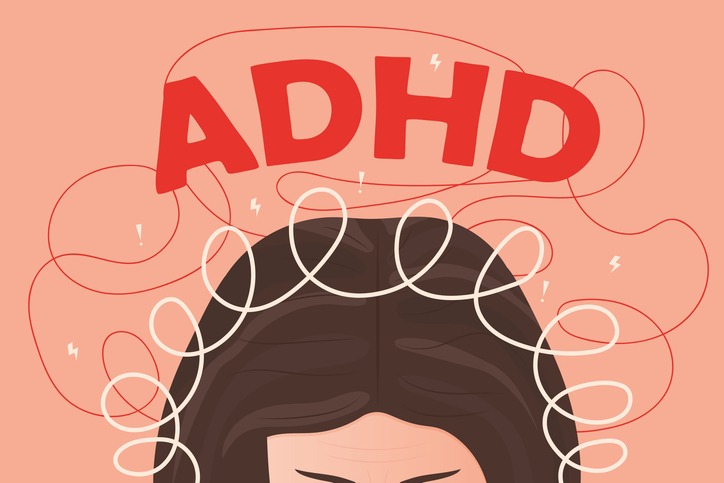As reported by GP Online, a study reveals ADHD patients are significantly more likely to miss GP appointments, prompting calls for targeted support and interventions
In response to the findings, the study’s authors said that targeted interventions were needed to ensure patients with ADHD can effectively engage with the health service.
The three-year study between 2013 and 2016 undertaken by the Universities of Bath, Glasgow, Aberdeen and Copenhagen, analysed data from 136 GP practices in Scotland. Of the 824,374 patients who had scheduled at least one appointment during the timeframe, 2,452 with a record of ADHD were identified.
Researchers found that 21% of people aged 17 and under with ADHD missed at least one face-to-face appointment annually, compared to 10% of people aged 17 and under without ADHD. In those aged 18 and older 38% missed at least one appointment annually, versus 23% of adults without ADHD.
Previous research by the same team has shown that missing appointments is linked to an increased risk of illness and early death.
Targeted interventions
Study author Professor Andrea Williamson, professor of general practice and inclusion health at the University of Glasgow said: ‘We often hear criticism of people who miss GP appointments, but patients with ADHD may struggle to attend due to cognitive impairments associated with their condition. These impairments can affect their ability to schedule and remember appointments.
‘Understanding and addressing “missingness” is a complex issue that requires research and targeted interventions in health care to improve outcomes.’
The study’s authors called for improved access to clinical support in general practice for people with ADHD through interventions that are jointly created with patients, technology developers and GP practices.
Professor David Ellis, professor of behavioural science from the University of Bath’s School of Management and another of the study’s authors, said that missed appointments can have short- and long-term consequences, but multiple misses were a red flag for poor patient outcomes.
Mental and physical problems
‘Our study showed patients with ADHD have higher rates of both mental and physical health problems than those without the condition, so multiple missed appointments will take their toll,’ he said. ‘Missing appointments may also be playing a role in delayed diagnosis and treatment of ADHD.’
The researchers recognised that fewer children would have missed their appointments because they are more likely to attend with a guardian or parent meaning they were ‘brought in,’ unlike adults,
The prevalence of ADHD diagnoses in the study sample was 0.3%, with 84% of all cases in patients under the age of 35. Adult patients with ADHD had higher levels of mental and combined physical/mental comorbidities than in the matched control sample, which included problem alcohol and drug use and learning difficulties, ‘all of which could contribute to difficulties attending GP appointments’, the study said.




Be the first to comment